10 Reasons Why Travel Is a Waste of Time ? In a world where travel is often romanticized as a transformative experience, it’s not uncommon to come across opinions that challenge its value. While jet-setting to exotic locales may seem glamorous, there exists a counter-narrative suggesting that travel might not always live up to its hype. In this article, we’ll delve into the controversial topic of why some individuals consider travel to be a waste of time, debunking misconceptions along the way.
1 Financial Drainage:

One of the primary arguments against travel is its perceived financial burden. From airfare to accommodation and dining expenses, traversing the globe can undoubtedly dent one’s bank account. However, labeling travel as a waste of time solely based on financial considerations overlooks the priceless experiences and memories it can provide.
2 Time Constraints:
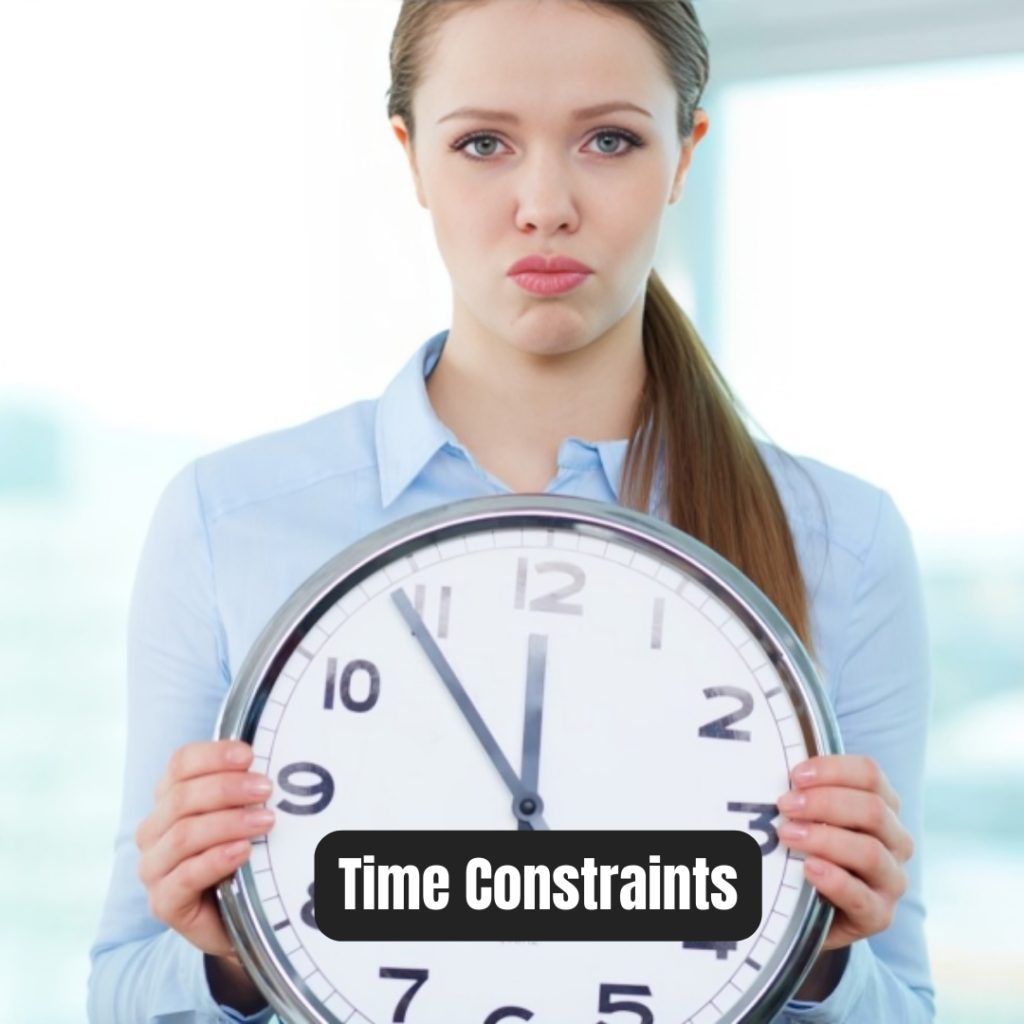
With busy schedules and demanding careers, many people struggle to find the time to embark on extended journeys. Consequently, they dismiss travel as a luxury reserved for the privileged few. Nevertheless, even short getaways can offer rejuvenation and perspective, making them worthwhile investments in personal well-being.
Is travelling important in life? And How does travel benefit you?
3 Environmental Impact:
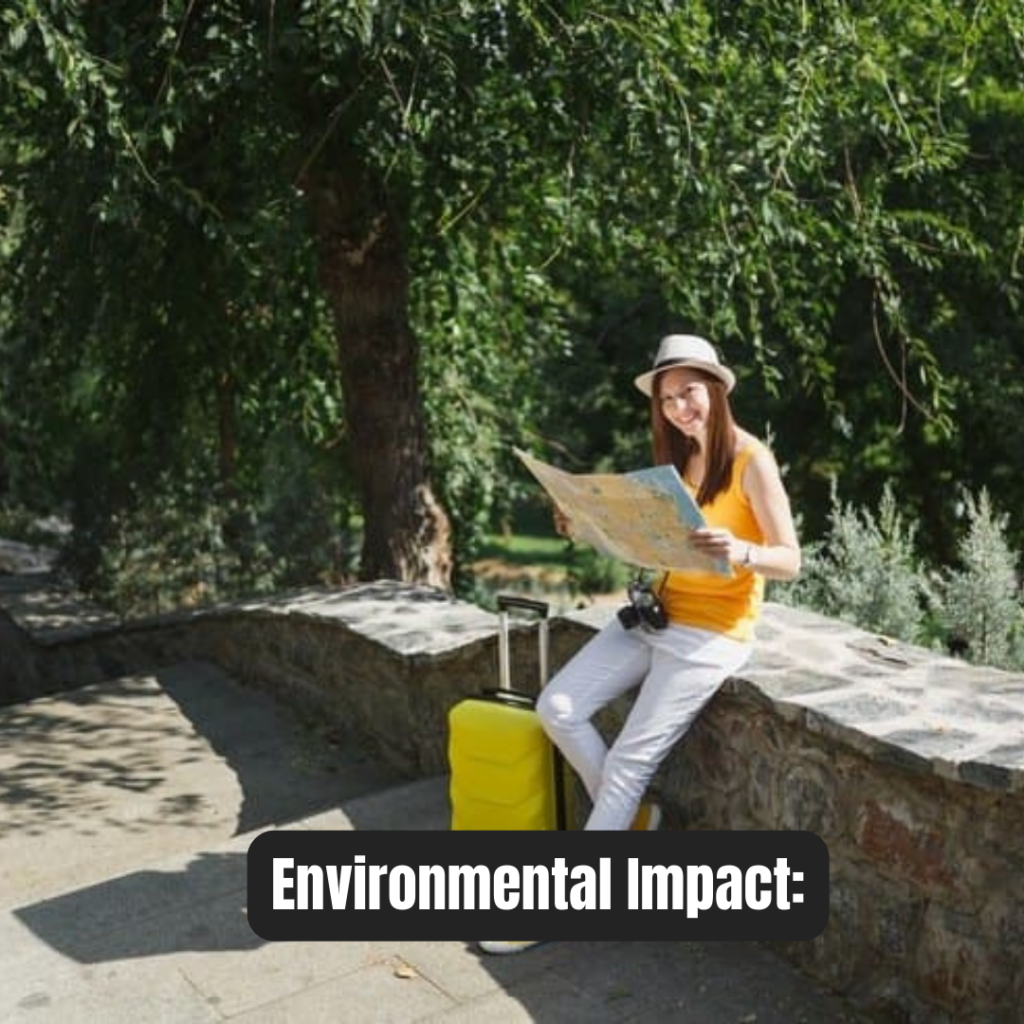
The environmental footprint of travel, particularly air travel, is a legitimate concern in today’s eco-conscious society. Frequent flying contributes to carbon emissions and accelerates climate change. While this aspect cannot be ignored, responsible travel practices, such as carbon offsetting and choosing eco-friendly accommodations, can mitigate its adverse effects.
4 Superficial Experiences:
Critics argue that travel often leads to superficial encounters, with tourists merely scratching the surface of a destination’s culture and heritage. However, immersive travel experiences, such as homestays and cultural exchanges, allow travelers to delve deeper into local communities, fostering meaningful connections and understanding.
5 Escapism vs. Reality:
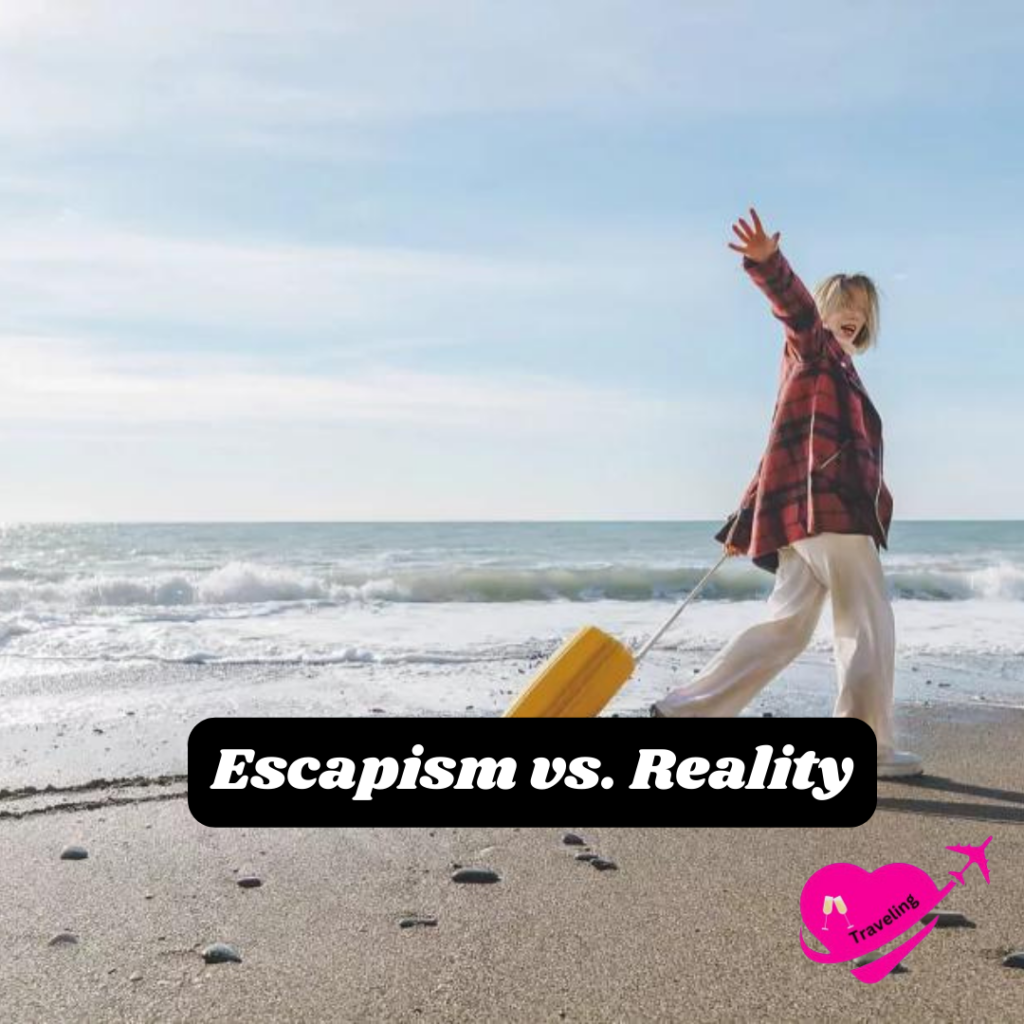
Some perceive travel as a means of escaping from the harsh realities of everyday life. While temporary escapism can provide much-needed respite, using travel as a perpetual means of avoidance may hinder personal growth and self-reflection. It’s essential to strike a balance between indulging in leisurely pursuits and confronting life’s challenges head-on.
6 Overemphasis on Instagrammable Moments:
In the age of social media, travel has become synonymous with capturing the perfect Instagram shot. Critics argue that this emphasis on aesthetics detracts from genuine experiences and fosters a culture of comparison and validation-seeking. However, meaningful travel transcends virtual likes and shares, leaving a lasting impact on the traveler’s psyche.
7 Health and Safety Concerns:
From the risk of contracting infectious diseases to encountering unforeseen dangers, travel can pose significant health and safety risks. While these concerns are valid, they shouldn’t overshadow the potential for personal growth and cultural enrichment that travel offers. With proper planning and vigilance, travelers can mitigate these risks and enjoy their journeys safely.
8 Cultural Insensitivity:
Cultural appropriation and disrespect towards local customs and traditions are prevalent issues in the realm of travel. Ignorance and entitlement can lead travelers to inadvertently offend or exploit the communities they visit. However, fostering cultural sensitivity through education and awareness can promote mutual respect and understanding between travelers and locals.
9 Impact on Mental Health:
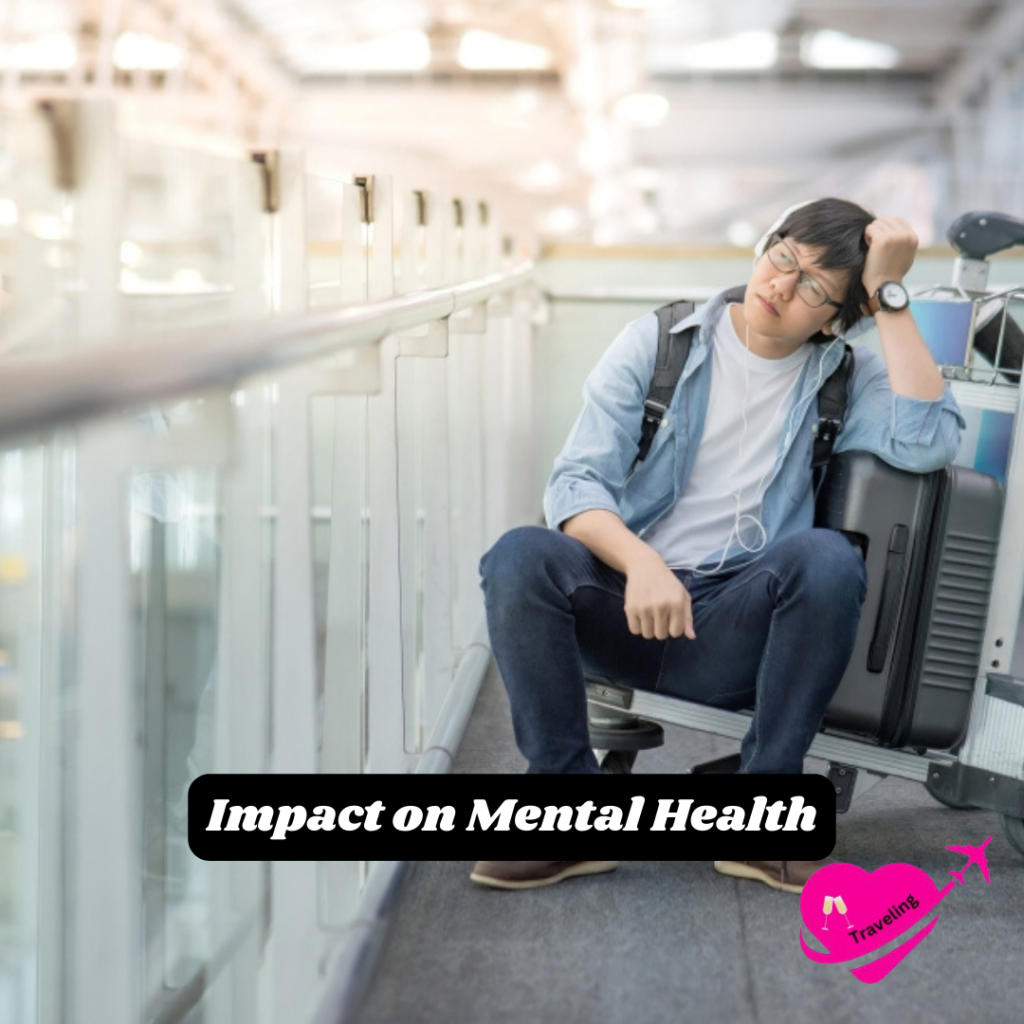
Traveling, especially solo travel, can take a toll on one’s mental well-being, exacerbating feelings of loneliness and isolation. Moreover, navigating unfamiliar environments and cultural barriers can induce stress and anxiety in some individuals. Nevertheless, travel can also serve as a catalyst for personal growth, resilience, and self-discovery when approached mindfully.
10 Unfulfilled Expectations:
Finally, many travelers return from their journeys feeling underwhelmed or disillusioned, having failed to meet their lofty expectations. However, the essence of travel lies in embracing the unexpected and embracing serendipitous moments that defy preconceived notions. It’s not about ticking off items on a bucket list but rather immersing oneself in the journey itself.
Conclusion,
while it’s easy to dismiss travel as a waste of time based on superficial observations or misconceptions, a closer examination reveals its inherent value and potential for personal enrichment. By addressing concerns such as environmental impact, cultural sensitivity, and mental well-being, travelers can cultivate a more mindful and responsible approach to exploring the world. Ultimately, whether travel is deemed a waste of time or a worthy pursuit depends on the perspective of the individual and the intentions behind their journeys.
FAQ:
- What specific factors contribute to the belief that travel is a waste of time?
- This question delves into the core reasons or arguments put forth by individuals who perceive travel as unproductive or futile. Responses may touch upon financial concerns, time constraints, environmental impacts, superficial experiences, and other factors that influence this perspective.
- How do proponents of the idea that travel is a waste of time respond to arguments in favor of travel?
- This question seeks to understand the counterarguments and rebuttals offered by those who believe travel is a waste of time when confronted with opposing viewpoints. Responses may highlight skepticism towards the transformative power of travel, emphasize alternative uses of time and resources, or challenge the notion that travel inherently leads to personal growth or cultural enrichment.


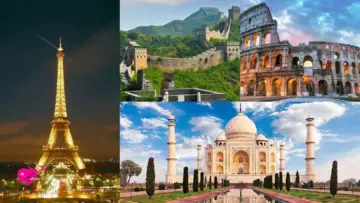



0 Comments
GeorgeIcody says:
Сервисный центр Gorenje в Москве: профессиональный ремонт бытовой техники. Квалифицированные мастера, оригинальные запчасти, гарантия на все виды работ. Диагностика и ремонт стиральных машин, холодильников, плит, духовок и другой техники Gorenje. сервис gorenje